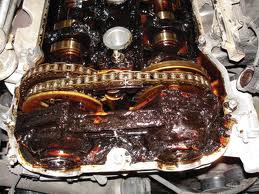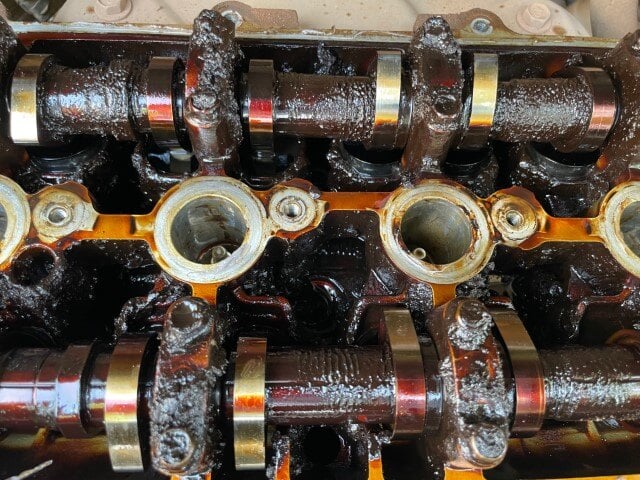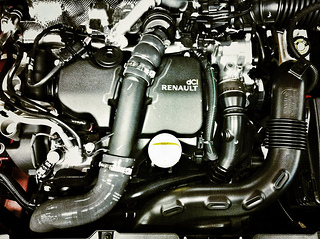How To Remove Engine Sludge
This is the second post of a two part series on Engine Sludge. Don't miss post 1: How to Check for Engine Sludge. Maybe you haven’t changed your oil...

This is the first of a two part series on Engine Sludge. Dont miss Part 2: How to Remove Engine Sludge.
Car owners who do a lot of stop and go driving before neglecting to change their oil may be staring at an engine sludge problem. And this is bad news for their vehicle. Engine sludge may not sound like a big deal. It develops in the motor when the oil breaks down and collects on engine parts – usually because the oil hasn’t been changed often enough. Stop and go driving with short commutes can accelerate this process.
 The so-what aspect of this discussion comes in when we say that engine sludge is harmful for several important reasons. It can collect in areas that interfere with normal lubrication, leading to a lubrication failure and catastrophic engine damage. It can cause the engine to retain more heat, because oil normally functions to absorb and draw heat away from engine parts. Collected sludge will both retain heat and also make the remaining oil less effective at doing this critical job.
The so-what aspect of this discussion comes in when we say that engine sludge is harmful for several important reasons. It can collect in areas that interfere with normal lubrication, leading to a lubrication failure and catastrophic engine damage. It can cause the engine to retain more heat, because oil normally functions to absorb and draw heat away from engine parts. Collected sludge will both retain heat and also make the remaining oil less effective at doing this critical job.
How can you tell if you have engine sludge? You’re not going to pull the engine and take it apart, obviously. But a few simple diagnostic observations can give strong clues as to whether you need to take further action.
Check oil light. If your check oil light has been coming on, this can be a sign of sludge presence. Your oil may have polymerized enough to reduce its volume enough to cause the light to signal a low oil volume.
Oil splatters where they shouldn’t be. Pop the hood and visually inspect your engine. Any signs of oil or engine sludge on the outside of the vehicle or engine is a sure sign that you have an engine sludge problem inside.
Check the oil pan. If you remove your oil pan, you can take a flashlight and peer inside your oil pan. A vehicle with a healthy lubricating system will have oil pan walls and parts that, even though they’re covered in oil, still appear metallic and silver. Any engine sludge will change the appearance and hide the metal. And if there’s any sign of sludge in the oil pan, you should be concerned that there’s more sludge in other places.
If you’re in the unfortunate position where your sludge suspicions are confirmed, it’s not a death sentence. There are steps you can take to get rid of some or all of it. We’ll go into more detail on that next time.
Check out our next post, which will explore how to remove engine sludge.

This is the second post of a two part series on Engine Sludge. Don't miss post 1: How to Check for Engine Sludge. Maybe you haven’t changed your oil...

Its time to look at this issue of “engine oil sludge” – what it is and, more importantly, whether you should be concerned about it in your engine....

Even those of us who don't have a comprehensive understanding of vehicle engines understand that the single fastest way to destroy an engine is to...